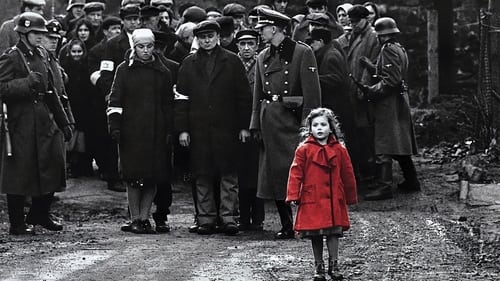
1939年、ポーランド南部の都市クラクフにドイツ軍が侵攻した。ドイツ人実業家のオスカー・シンドラーは、一旗揚げようとこの街にやって来た。彼は金にものを言わせて巧みに軍の幹部たちに取り入り、ユダヤ人の所有していた工場を払い下げてもらう。ユダヤ人会計士のイツァーク・シュテルンをパートナーに選んだシンドラーは、軍用ホーロー容器の事業を始める。41年3月、ユダヤ人たちは壁に囲まれたゲットー(居住区)に住むことを義務づけられる。シュテルンの活躍で、ゲットーのユダヤ人たちが無償の労働力として、シンドラーの工場に続々と集められ事業はたちまち軌道に乗る。
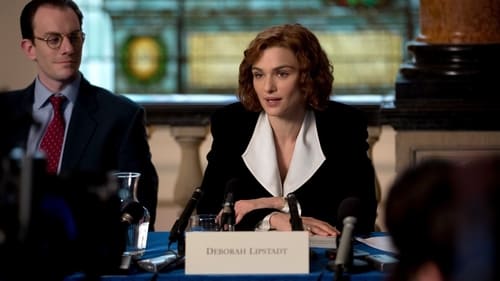
Acclaimed writer and historian Deborah E. Lipstadt must battle for historical truth to prove the Holocaust actually occurred when David Irving, a renowned denier, sues her for libel.
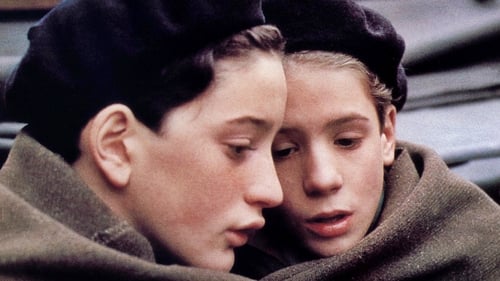
ルイ・マル監督自身の自伝的作品。1944年、ナチス占領下のフランスで、12歳の少年ジュリアンは転入生ジャンと友達になる。しかし彼がユダヤ人であることが知られゲシュタポに連れ去られてしまい……。
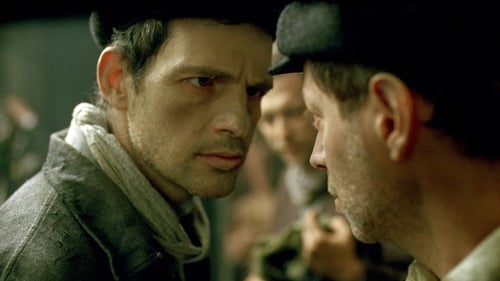
アウシュヴィッツで生き延びるため、同胞の死体処理に従事しているユダヤ人・サウル。収容所で息子の死に遭遇してしまい、ユダヤ教の教えのとおり埋葬してやろうと奔走する。〈第88回アカデミー賞〉の外国語映画賞を受賞した感動作。
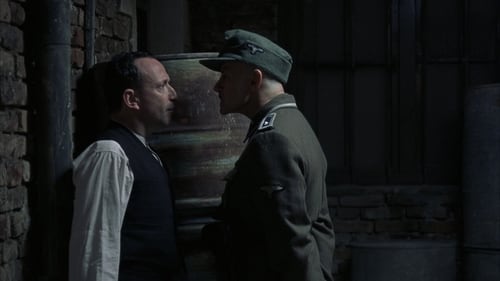
A Nazi doctor—along with the Sonderkomando, Jews who are forced to work in the crematoria of Auschwitz against their fellow Jews—find themselves in a moral grey zone.
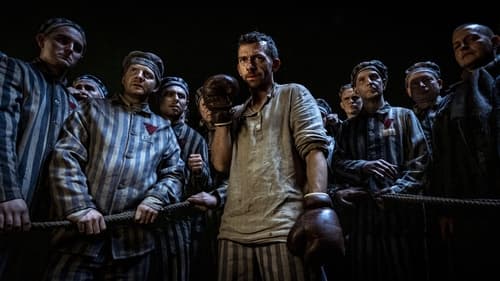
It is 1940. The first transport of prisoners arrives at the newly created concentration camp Auschwitz. One of them is Tadeusz “Teddy” Pietrzykowski, pre-war boxing champion of Warsaw. The camp officers force him to fight in the ring for his and other prisoners’ lives. However, his every win strengthens the hope that Nazis are not invincible. Auschwitz officers notice the growing resistance. The confrontation with the authorities of the camp becomes inevitable.
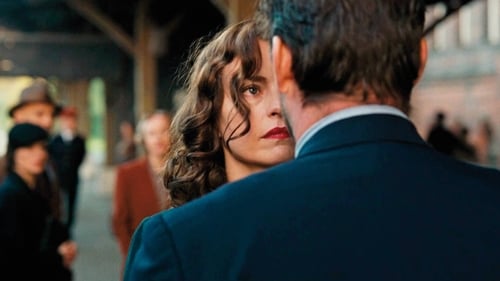
German-Jewish cabaret singer Nelly survived Auschwitz but had to undergo reconstructive surgery as her face was disfigured. Without recognizing Nelly, her former husband Johnny asks her to help him claim his wife’s inheritance. To see if he betrayed her, she agrees, becoming her own doppelganger.
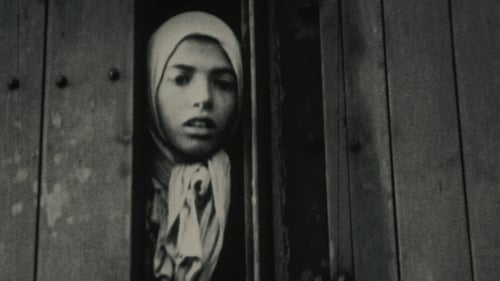
Filmmaker Alain Resnais documents the atrocities behind the walls of Hitler's concentration camps.
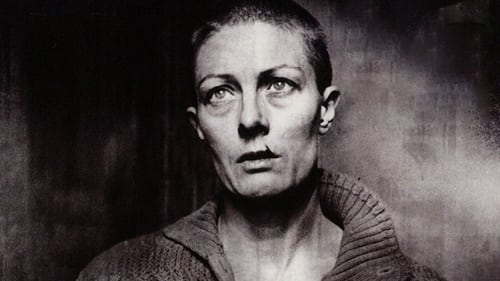
When a Jewish songstress is plucked from the stage and sent to Auschwitz, she and other musicians find themselves assigned to a terrible task—using their talents to soothe fellow prisoners who are sentenced to die in the gas chambers.
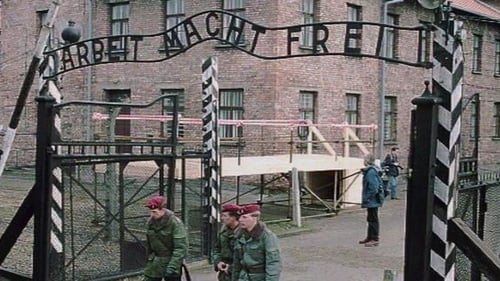
Nazi occupied Poland, during the World War II. Hans, a former brilliant student, has become an SS officer stationed at the Auschwitz-Birkenau concentration camp. When he is commissioned by his superior officer to build an efficient gas chamber, Hans, facing the harsh reality, begins to realize the magnitude of the atrocious acts of which he is being accomplice.
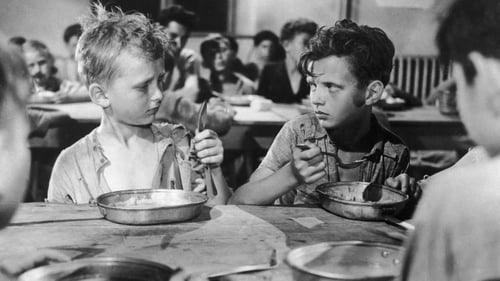
In postwar Germany, a displaced Czech boy, separated from his family during wartime, is befriended by an American GI while the boy's mother desperately searches for him.
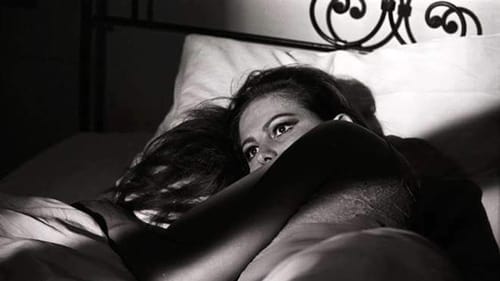
Sandra returns to her childhood village to take care of family business, but childhood memories and secrets soon overcome her.
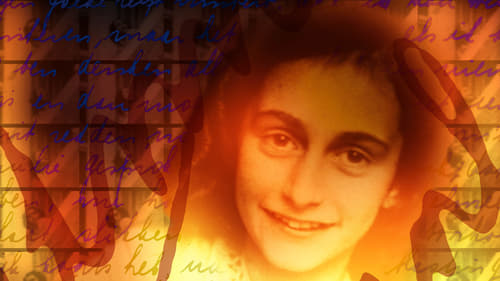
Using previously unreleased archival material in addition to contemporary interviews, this academy award-winning documentary tells the story of the Frank family and presents the first fully-rounded portrait of their brash and free-spirited daughter Anne, perhaps the world's most famous victim of the Holocaust. Written by Dawn M. Barclift

Fact based story about a former Greek Olympic boxer who was taken as a prisoner during World war II and placed in the Auschwitz prison camp. There he was permitted to survive as long as he fought for the amusement of his captors. His father and brother were also held as insurance that he would continue to fight.
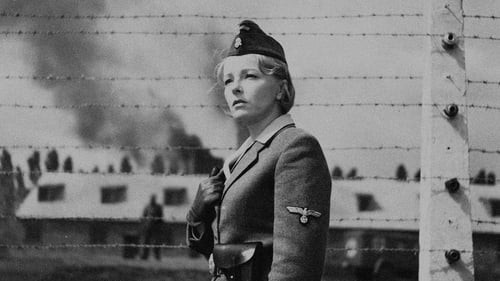
A German woman on a ship returning to Europe notices a face of another woman which brings recollections from the past. She tells her husband that she had been an overseer in Auschwitz during the war, but she has actually saved a woman's life.

After World War II, Anita, a young survivor of Auschwitz, becomes involved in an intense and passionate affair that almost shatters her until she gains the strength to start a new life.
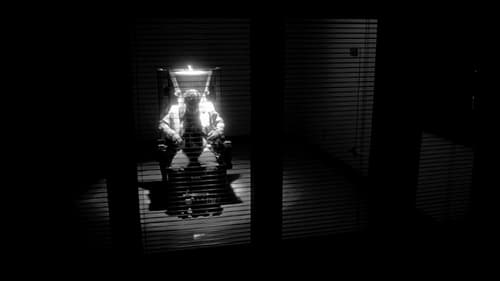
A portrait of the life and career of the infamous American execution device designer Fred A. Leuchter, Jr. Mr. Leuchter was an engineer who became an expert on execution devices and was later hired by holocaust revisionist historian Ernst Zundel to "prove" that there were no gas chambers at Auschwitz. Leuchter published a controversial report confirming Zundel's position, which ultimately ruined his own career. Most of the footage is of Leuchter, working in and around execution facilities or chipping away at the walls of Auschwitz, but Morris also interviews various historians, associates, and neighbors.

Poland, during World War II. Martha Weiss, a Jewish woman, arrives at the Auschwitz extermination camp with her family. She is assigned the role of interpreter, but her loved ones are much less fortunate.
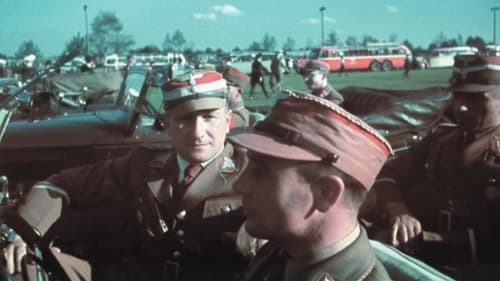
What would your family reminiscences about dad sound like if he had been an early supporter of Hitler’s, a leader of the notorious SA and the Third Reich’s minister in charge of Slovakia, including its Final Solution? Executed as a war criminal in 1947, Hanns Ludin left behind a grieving widow and six young children, the youngest of whom became a filmmaker. It's a fascinating, maddening, sometimes even humorous look at what the director calls "a typical German story." (Film Forum)
















